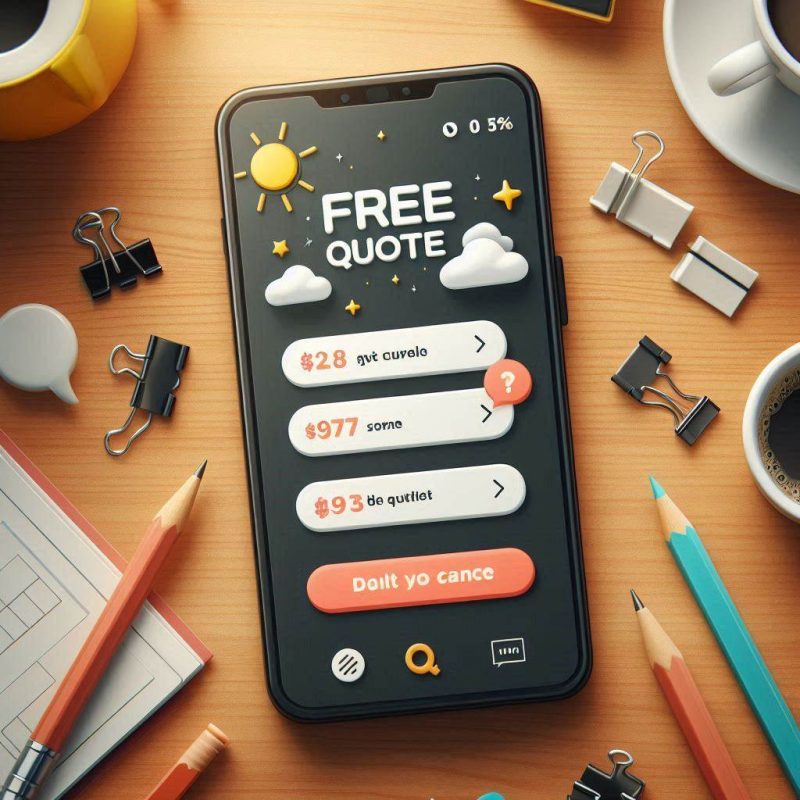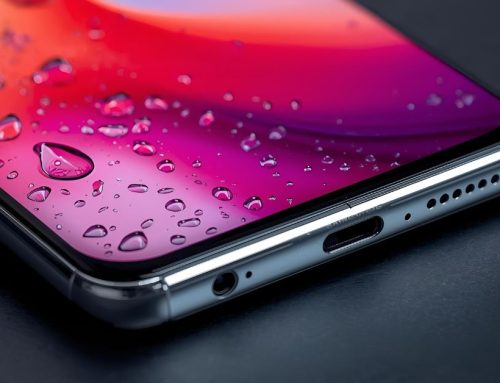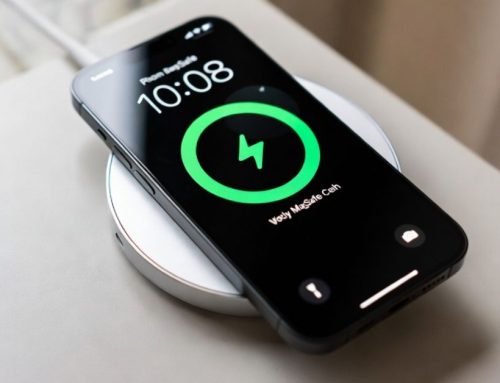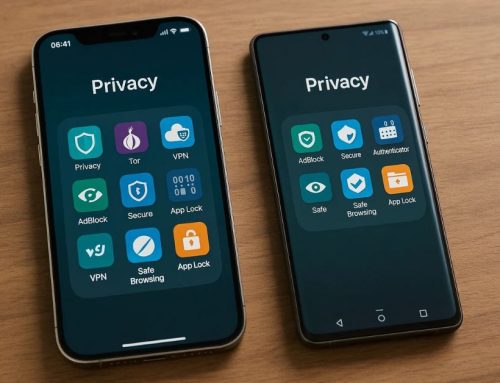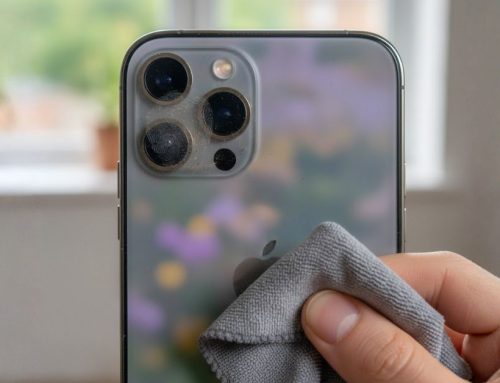In today’s fast-paced digital world, prioritising mental wellness has never been more important and one of the most accessible ways to do this is by using your smartphone. This guide explores the best mental health apps for smartphones in 2025, helping you discover tools designed to manage stress, anxiety, depression, sleep disorders, and more. Whether you’re searching for meditation support, daily mood tracking, professional therapy access, or Cognitive Behavioural Therapy (CBT) exercises, these mental health apps deliver evidence-based strategies right to your pocket.
Each app included in our list was selected based on clinical credibility, user reviews, platform compatibility (iOS and Android), and data privacy features. By understanding what each app offers, you’ll be able to make informed decisions about your mental wellness journey and find the app that best aligns with your lifestyle. If you’re ready to explore how the best mental health apps for smartphones can support your emotional well-being, read on for our top recommendations.
What Are the Best Mental Health Apps for Smartphones and How Can They Help?

The Best Mental Health Apps for smartphones are innovative tools designed to enhance your emotional well-being and mindfulness. They offer features like mood tracking, guided meditations, and CBT exercises, helping you address stress, anxiety, and depression. Many apps are backed by clinical research, ensuring effective support tailored to your needs. By engaging with these tools, you can improve your quality of life and better serve others.
Choosing the Best Mental Health Apps for Smartphones

How do you choose the best mental health app for smartphones amid so many options? First, identify your specific needs, like anxiety or depression. Evaluate features such as mood tracking and guided meditations to align with your wellness goals. Check user reviews for effectiveness insights. Consider your budget since many apps are subscription-based. Finally, make sure the app has strong privacy measures to protect your sensitive information.
Top Picks for the Best Mental Health Apps of 2024 and 2025

You’re about to explore the top mental health apps of 2024 and 2025, each designed to tackle specific challenges like anxiety, depression, PTSD, and bipolar disorder. Whether you’re searching for the best free apps offering guided meditation and self-care tools or those focusing on CBT, positive psychology, and relaxation, there’s something for everyone. These apps promise to enhance your mental wellness journey with personalised, evidence-based support and innovative features.
Apps for Anxiety, Depression, PTSD, and Bipolar Disorder
As the demand for accessible mental health support surges, exploring the top picks for anxiety, depression, PTSD, and bipolar disorder apps in 2024 and 2025 reveals a wealth of innovative tools designed to empower you. These apps offer mood tracking, personalised coping strategies, and community support. You’ll find evidence-based techniques, access to licensed therapists, and educational resources, helping you manage symptoms and support others effectively.
Best Free Mental Health Apps with Guided Meditation and Self-Care Tools
Exploring mental health apps for specific conditions like anxiety and depression highlights the importance of accessible support. Many free apps offer guided meditation and self-care tools, fostering mindfulness without financial strain. You’ll find features like mood tracking and personalised coping strategies, helping you serve others by maintaining your well-being. High user ratings reflect their effectiveness, making them essential in promoting digital mental wellness among younger demographics.
CBT, Positive Psychology, and Relaxation in Mental Wellness Apps
Although mental wellness apps have been around for a while, the next few years promise a significant leap forward with the integration of Cognitive Behavioural Therapy (CBT), positive psychology, and relaxation techniques. You’ll find apps that help you challenge negative thoughts, nurture gratitude, and embrace mindfulness. Through guided relaxation exercises, including meditation and deep breathing, these tools empower you to better serve others by improving your emotional resilience and well-being.
How Mental Health Apps Can Improve Emotional Health and Wellbeing

Even though mental health apps are not a replacement for professional therapy, they’re powerful tools for enhancing emotional health and well-being. You’ll find 24/7 access to stress management, anxiety relief, and depression resources, empowering you to support others better. With evidence-based techniques like CBT, mood tracking, and real-time support, these apps help you cultivate resilience, making self-care an integral part of your life.
Evidence and Professional Recommendations

When choosing a mental health app, you should look for those backed by solid evidence and professional endorsements. Many of these apps incorporate evidence-based techniques, such as cognitive-behavioral therapy, and are supported by clinical research. Health professionals often recommend them, so they can be a reliable part of your wellness toolkit.
Are These Apps Evidence-Based?
How do you know if mental health apps are truly evidence-based? Many apps use techniques like CBT and mindfulness, proven effective in clinical settings. Research shows structured programmes with professional input reduce anxiety and depression symptoms. Apps overseen by licensed professionals guarantee adherence to clinical standards. User reviews often highlight app effectiveness, offering you a reliable way to support others’ mental wellness conveniently.
Recommended by Health Professionals
While selecting a mental health app, you should consider those recommended by health professionals for their evidence-based approaches. Apps utilising cognitive-behavioural therapy and mindfulness are particularly effective. Many are crafted by licensed therapists, ensuring clinical research backs the content. Look for features like mood tracking and personalised strategies. Prioritise apps with strong user reviews and robust privacy measures, safeguarding your journey to mental wellness.
Using a Smartphone App for Ongoing Mental Health Support

Although mental health challenges can feel overwhelming, using a smartphone app for ongoing support offers a practical solution. You gain 24/7 access to mood tracking, guided meditations, and CBT techniques, all aimed at managing anxiety, depression, and stress. With user-friendly interfaces and interactive features like journalling, these apps help you serve others by ensuring your own emotional well-being is supported and nurtured.
Security and Privacy in Mental Health Apps
When using mental health apps, prioritising security and privacy is vital to protect your sensitive data. Review privacy policies to understand data sharing practices. Look for apps that offer strong encryption, like end-to-end, to safeguard your information. HIPAA compliance is essential for online therapy services. Some apps don’t require personal info and work offline, enhancing privacy. Choose wisely to guarantee safe support.
When to Seek Mental Health Services Beyond an App

Despite the convenience of mental health apps, there are times when professional services are essential. If your symptoms persist or worsen despite app use, or if you experience hopelessness, suicidal thoughts, or self-harm urges, seek immediate help. Noticeable changes in daily functioning or increased anxiety also call for professional intervention. For those with pre-existing conditions, regular therapy offers more tailored support than apps alone.
Frequently Asked Questions
What are the best mental health apps for smartphones for anxiety and depression?
Some of the best mental health apps for smartphones for anxiety and depression in 2024 include Headspace, Calm, BetterHelp, and PTSD Coach. These apps for anxiety and depression offer guided meditation, CBT-based tools, and mental health resources. Many apps also provide free versions and access to mental health professionals.
How can a health app improve my mental wellness?
A health app or mental wellness app can help improve your emotional health by offering mindfulness exercises, guided self-care, and CBT techniques. These smartphone apps often include tools for stress and anxiety management, better sleep, and relaxation to support overall mental wellness.
Are mobile apps effective for treating mental health issues?
Yes, mental health apps can be effective in helping manage mental health symptoms like anxiety, depression, and PTSD, especially when they’re evidence-based and used alongside mental health services. While not a substitute for treatment of serious mental illness, these apps can help with self-care and offer support between sessions with a health professional.
Can mental health apps help with bipolar disorder or PTSD?
Yes, many mental health apps are designed to support a range of conditions, including bipolar disorder and post-traumatic stress disorder (PTSD). Apps like PTSD Coach and others that offer CBT or mindfulness tools can help users manage symptoms, track moods, and practice relaxation techniques.
Are mental health apps safe and private to use?
Most mental health apps follow Health Insurance Portability and Accountability (HIPAA) guidelines or similar data protection standards, but privacy varies. Always choose an evidence-based app that clearly explains how your data is used to ensure your mental health information is secure.
What should I look for when choosing the best mental health app?
When choosing the best mental health app, look for features like CBT-based programs, guided meditation, access to a mental health professional, and strong user reviews. The app should be evidence-based, offer tools for stress and anxiety, and align with your mental wellness goals.


